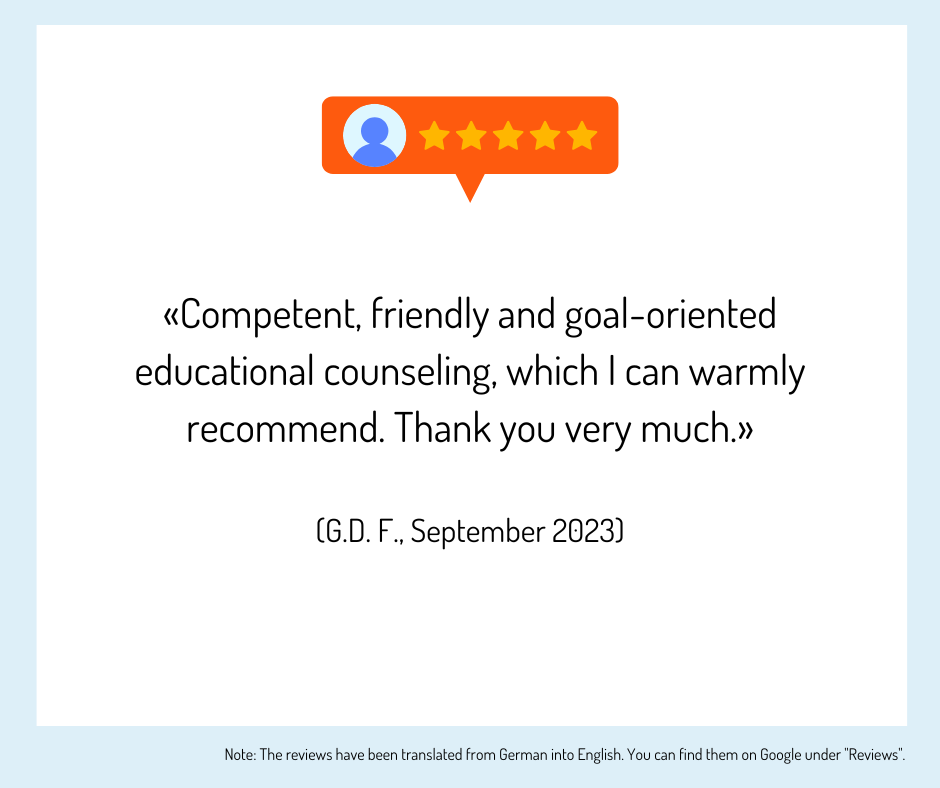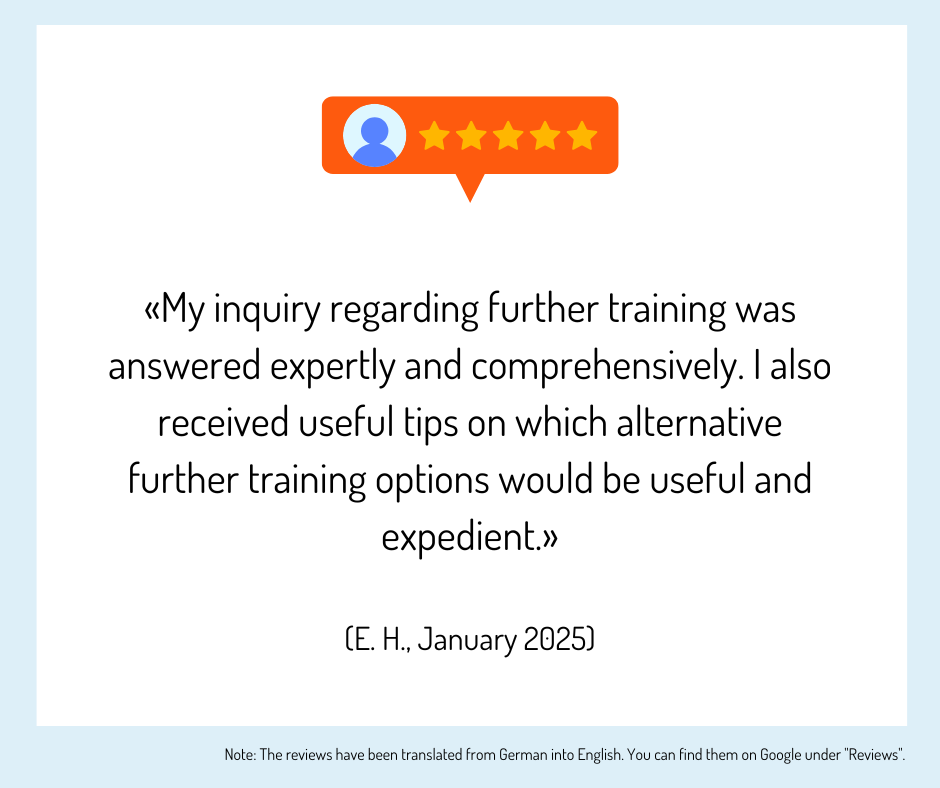Social support: providers, schools, information, questions and answers
Social support: learn to accompany people competently
Questions and answers
What exactly is social support?
More and more people who are no longer able to manage their lives independently or who need professional support in very challenging phases of their lives are making use of outreach support. And this is exactly what social support is for, as it is designed to provide long-term support in everyday life. Social companions support those affected at home, in their leisure activities and also at work, and endeavor to maintain the individual's independence and promote personal responsibility. In doing so, they provide their clients with professional, emotional and practical support and work together with their environment as well as with other professionals.
Which areas of expertise are covered in the social support training program?
In addition to self-management and dealing with one's own personality, stress management, human rights and professional ethics, communication and discussion skills including conflict management, the areas of competence of approaches and methods in social support as well as specialist knowledge play a key role. Topics such as support management, social space orientation, teamwork, empowerment, group, family and network work, project management, legal principles, child protection and domestic violence, addiction, intercultural skills, psychopathology, outreach work with the elderly and physical and cognitive impairment are covered in detail.
What requirements are placed on applicants for admission to the Federal Professional Examination in Social Support?
In addition to motivation, personal and social skills, a good knowledge of German (at least B2) and good PC skills, some schools expect participants to be at least 25 years old and to have completed an apprenticeship or have at least 25% professional experience in social care within the last 5 years prior to registration. For admission to the Federal Professional Examination (FPE) in Social Care, candidates must either have a Federal VET Diploma as a care specialist, health specialist or an equivalent qualification in the social or health sector and have worked at least 50% of the last two years in care and support in the social sector. The minimum number of years increases if the level of employment is lower. This also applies to people with an upper-secondary level qualification, who must provide evidence of at least three years of professional experience under the above conditions.
In addition, an approved disposition of the thesis is required, in which the topic, objectives, procedure and structure of the thesis are explained. It must be submitted at least 3 months before the registration deadline for the examination.
What costs can be expected for training in social support?
The costs for training in social support can vary depending on the school, but amount to CHF 17,000 to CHF 24,000 as pure course costs. In addition, there are the costs for the mandatory stays and travel, specialist literature and the external Federal Professional Examination. Since January 2018, however, it has been possible to apply to the federal government for reimbursement of 50% of the course costs, up to a maximum of CHF 9,500. Further information can be found on the website of theSERI.
What salary can be expected for a job in social support?
In 2015, a salary recommendation from theSwiss Professional Association for Social Supportwhich serves as a guideline and can be increased with additional skills and tasks. The recommended monthly salary for a 100% workload is CHF 5,400 to CHF 6,200.
What qualification do graduates receive after completing the FPE social support program?
Persons who have successfully passed the Federal Professional Examination in the field of social support are entitled to use the protected title "Social Support Worker with Federal Professional Certificate".
Erfahrungen, Bewertungen und Meinungen zur Ausbildung / Weiterbildung
Haven't found the right training or further education yet? Benefit from educational advice now!
Further training is not only important in order to maintain or increase professional attractiveness, investing in training or further training is still the most efficient way to increase the chances of a pay rise.
The Swiss education system offers a wide range of individual training and further education opportunities - depending on your personal level of education, professional experience and educational goals.
Choosing the right educational offer is not easy for many prospective students.
Which training and further education is the right one for my path?
Our education advisory team will guide you through the "education jungle", providing specific input and relevant background information to help you choose the right offer.
Your advantages:
You will receive
- Suggestions for suitable courses, seminars or training programs based on the information you provide in the questionnaire
- An overview of the different levels and types of education
- Information about the Swiss education system
We offer our educational counseling in the following languages on request: French, Italian, English
Register now and concretize your training plans.











